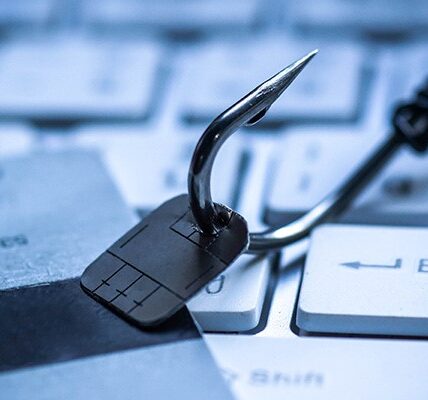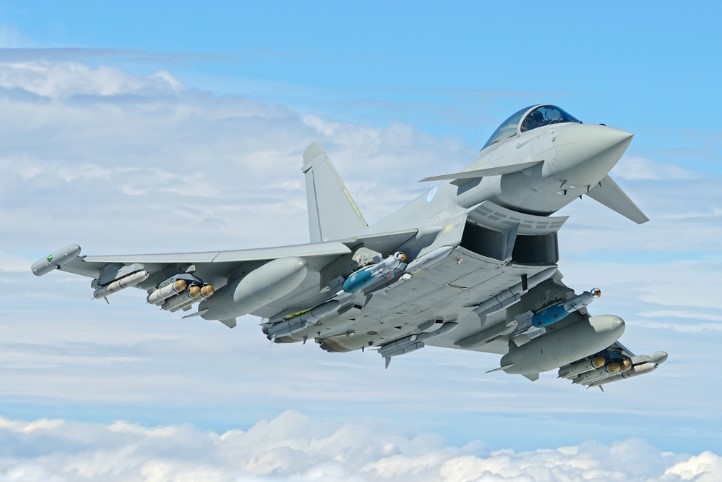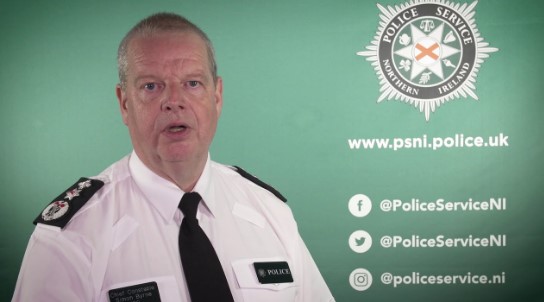NATO unites as it marks its 75th anniversary amid continued Russian aggression against Ukraine
Foreign Ministers wrapped up two days of discussions in Brussels on Thursday, 04 April 2024, culminating in a session of the NATO-Ukraine Council and another gathering with partners from the Indo-Pacific region and the European Union.
The day also marked the 75th anniversary of NATO’s establishment and collective defence.
Over the past seven decades, NATO has seen its membership nearly triple, now comprising 30 nations within its alliance.
Finland’s addition as the 31st member in April 2023 marked the most recent expansion. Sweden’s acceptance as the 32nd member and Hungary’s ongoing ratification of its accession further underscores the alliance’s continued growth.
Secretary General Jens Stoltenberg celebrated this milestone, remarking, “Since 1949, we have stood as the most robust and accomplished Alliance in history.”

At the end of the ministerial meeting, Mr. Stoltenberg expressed gratitude for allies’ continued efforts to bolster support for Ukraine.
He highlighted recent contributions, notably Germany’s nearly 600 million euros for the Czech-led artillery initiative as well as 10,000 drones from the United Kingdom, along with more missiles and armoured vehicles from France, and Finland’s newly announced aid package worth 188 million euros.

The alliance now bigger than ever is also facing the biggest challenges since its inception, war on its borders and questions about its future after the upcoming US election.
However, Thursday served as a day of solidarity: During the Brussels summit, NATO reaffirmed its commitment to bolster Ukraine in its struggle against Russia’s incursion, offering the promise of eventual membership, albeit with uncertainty.
Concurrently, the Kremlin asserted that its dealings with NATO have deteriorated into ‘direct confrontation’, with communication channels between Moscow and the alliance completely severed.
Emphasising the need for further action, Stoltenberg stated, “We must redouble our efforts and ensure our support is steadfast and enduring”. Allies have now agreed to advance planning for an expanded NATO role in coordinating essential security aid and training for Ukraine.
The Foreign Ministers also delved into the global ramifications of Russia’s conflict with Ukraine, including backing from China, North Korea, and Iran.
Indo-Pacific partners such as Australia, Japan, New Zealand, and the Republic of Korea, along with the European Union, joined Allies in these discussions. They explored strategies for enhancing collaboration in addressing cyber and hybrid threats, as well as advancements in technology and defense manufacturing.
“In the face of growing alignment among authoritarian regimes, NATO and its partners must remain united in upholding a global order governed by law, not coercion,” remarked the Secretary General.
On Wednesday, NATO Foreign Ministers met to address NATO’s assistance to Ukraine and security challenges in the Alliance’s southern vicinity.
















































































































































































